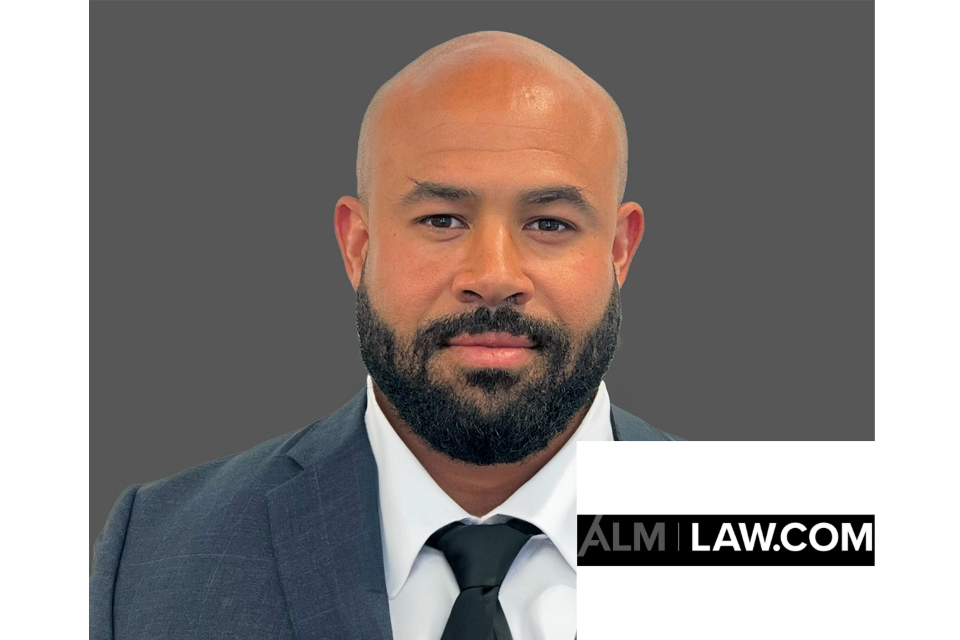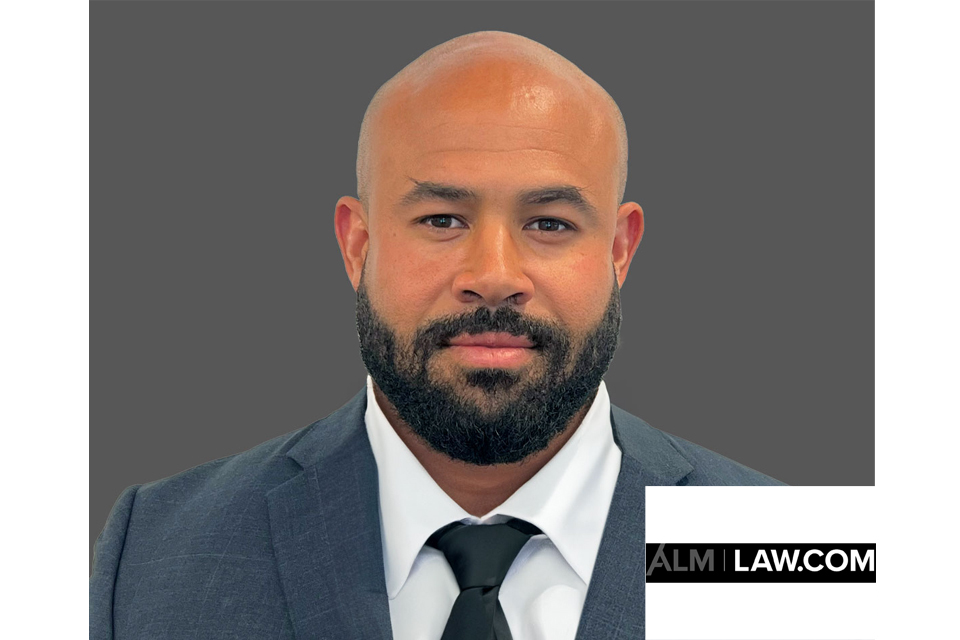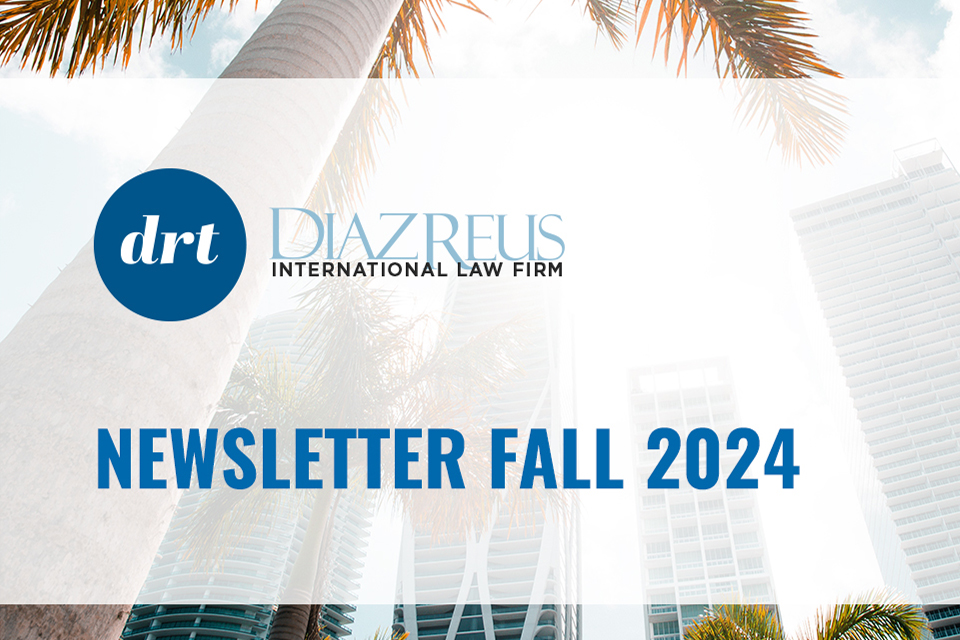By: Michael Diaz, Javier Coronado, and Zhen Pan
On September 29, 2022, the U.S. Department of the Treasury’s Financial Crimes Enforcement Network (“FinCEN”) issued its final rule for the implementation of the beneficial ownership information reporting requirements of the Corporate Transparency Act (the “BOI Rule”). Pursuant to the BOI Rule, which will become effective on January 1, 2024, most legal entities doing business in the U.S. will be required to report information about their beneficial owners.
The new rule is a significant step by the U.S. government to strengthen national security and combat financial crimes. Currently, only few States require legal entities to disclose their beneficial owners at the time of formation. Without a nationwide mandatory reporting requirement, criminals, terrorists, and other bad actors use shell or front companies to hide their true identities and facilitate fraud, corruption, money laundering, terrorist financing, Sanctions evasion, and other crimes through business entities created in the U.S. The abuse of corporate entities can be illustrated with the recent attempts made by bad actors to use U.S. companies to support Russia’s invasion of Ukraine in 2022, as well as by the criminal use of shell companies to obtain millions of COVID–19 relief funds.
The BOI Rule establishes uniform beneficial ownership information reporting requirements for various types of entities, and authorizes FinCEN to collect and disclose the reported information to the Government and financial institutions, subject to certain safeguards and controls.
Who must report beneficial ownership to FinCEN?
The BOI Rule applies to both domestic and foreign companies. A domestic reporting company is a corporation, limited liability company (LLC), or any entity created by the filing of a document with a secretary of state or any similar office. Accordingly, entities such as limited liability partnerships and business trusts should be prepared to comply with the BOI Rule and report their information to FinCEN, as such entities are generally created by making a filing with the pertinent secretary of state.
A foreign reporting company is a corporation, LLC, or other entity formed under the law of a foreign country that is registered to do business in any U.S. state by the filing of a document with a secretary of state or any similar office.
The rule exempts certain types of entities, such as SEC reporting issuers, Exchange Act registered entities, federal credit unions, from reporting their BOI.
What information must be reported to FinCEN?
Reporting companies must provide FinCEN with the full legal name, date of birth, current address, and unique identification number from an acceptable identification document (e.g., driver’s license) of two types of individuals: (1) each individual who is a beneficial owner of the reporting company; and (2) each individual who filed the application to form the reporting company, including anyone who directs or controls said filing.
Under the BOI Rule, a beneficial owner includes any individual who, directly or indirectly, either (1) exercises substantial control over a reporting company, or (2) owns or controls at least 25 percent of the ownership interests of a reporting company. The rule enumerates a range of activities that could constitute substantial control of a reporting company, as well as mechanisms in determining percent of ownership interests.
The standards under the new rule are designed to be broad, so that sophisticated bad actors cannot evade or circumvent the reporting requirements by structuring ownership or exercising control in novel and less conventional ways. Nevertheless, compliance with the BOI Rule should be a straightforward process for reporting companies with simple organizational structures to identify and report their beneficial owners.
In addition, reporting companies formed after the effective date – January 1, 2024 – will be required to report the individual who directly files the document that creates the company, or in the case of a foreign company, the document that first registers the entity to do business in the U.S. Individuals subject to this requirement include anyone who is primarily responsible for directing or controlling the filing of the relevant document by another.
When is a report due?
The BOI Rule will require reporting companies created or registered before January 1, 2024 to file their initial BOI reports within one year of the effective date, which is January 1, 2025. Reporting companies created after the effective date will have 30 days after receiving notice of their creation or registration to file their initial reports. The rule also requires reporting companies to file updated reports or to correct inaccurate reports within 30 days of the change in their beneficial ownership information.
Upcoming rulemakings
In view of the newly promulgated BOI Rule, FinCEN will establish additional rules as to who may access the reported information, for what purposes, as well as the requisite safeguards to protect the security and confidentiality of the reported information. FinCEN will also publish the reporting forms for public comment well before the BOI Rule becomes effective, provide guidance to assist reporting companies with compliance, and conduct outreach to stakeholders to ensure an effective implementation of the rule, with the goal to minimize the burden on small businesses and reporting entities.
Diaz Reus international Law Firm
Diaz Reus International Law Firm is a full-service international law firm with practices across multiple industries and service sectors. The Firm is dedicated to securing and growing its clients’ businesses, protecting clients’ assets and investments, and helping them maintain long-term stability and thrive in an increasingly turbulent world.
Our Corporate Governance and Compliance team specialized in corporate investigations (criminal, civil, or internal) and in the design and implementation of governance and compliance programs, including matters involving Anti-Money Laundering laws (AML), FCPA/Anti-bribery, OFAC Sanctions, cybersecurity, and digital assets.
The Firm identifies, isolates, and corrects questionable transactions and practices, and further develops enhanced corporate governance and compliance programs to avoid repeat violations. We also have a long record of victories representing our clients in civil and criminal forfeiture actions, and in administrative matters, before courts of law and regulatory and investigatory bodies at all levels, in both U.S. and foreign jurisdictions.
We encourage interested persons to contact our Global Managing Partner, Mr. Michael Diaz, at mdiaz@diazreus.com for a formal consultation of your specific situation. This article does not serve as a substitute for legal advice tailored to a particular situation.


















































































![Especial abogados Salón de la Fama[61] 4](https://diazreus.com/wp-content/uploads/2023/06/Especial-abogados-Salon-de-la-Fama61-4-pdf.jpg)


























































































































































































